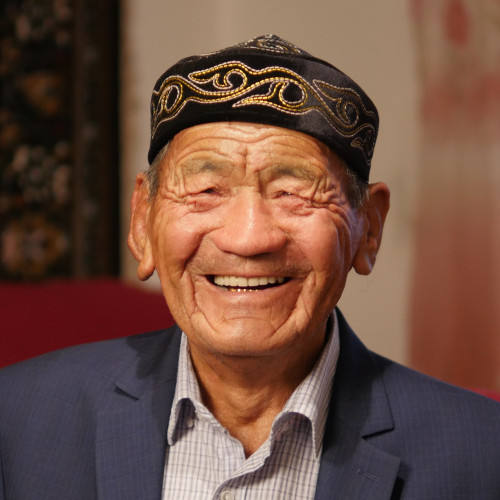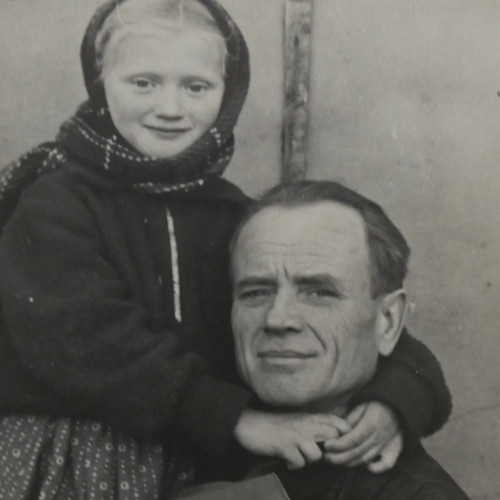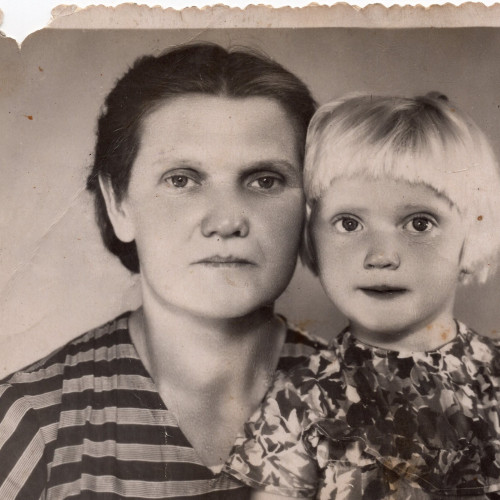Chaim Yisroel Eiss - Instytut Pileckiego
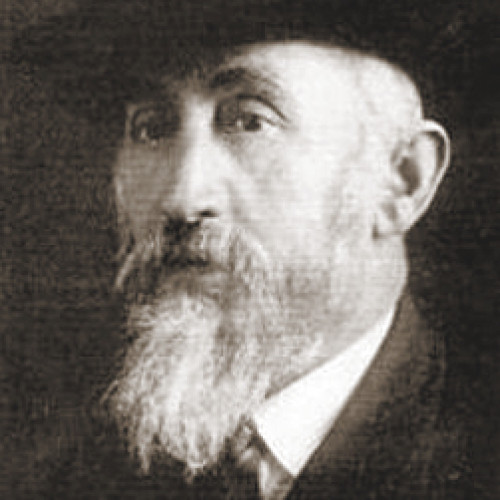
Cooperating with the Polish diplomats in Bern, he created a network to smuggle passports into the ghettos of occupied Poland.
Born in Ustrzyki into an Orthodox Jewish family, Eiss went to study in Switzerland in 1900, but a lack of funds meant that he opened a shop and started trade one year later. He helped refugees during the First World War. He was an active element in the Jewish community and was one of the founders and leaders of the international political group Agudat Israel.
He used the contacts he had gained in Europe over the years to rescue Jews from nations under German occupation. Cooperating with the Polish diplomats in Bern, he created a network to smuggle passports into the ghettos of occupied Poland. He co-financed the Ładoś Group’s operations, acquired lists of the names of Jews for whom the documents were intended and obtained the photographs necessary for the passports to be issued. He died of a heart attack in Zurich in October 1943, leaving behind a priceless archive documenting the group’s work, including filled-out documents and correspondence between the Polish diplomats and Jewish organizations. The so-called “Eiss Archive” was procured by the Polish government in 2018 and has enriched the collections of the Auschwitz-Birkenau Museum.
THE ŁADOŚ GROUP
The Ładoś Group, also called the Bernese Group, comprised Polish diplomats, employees of the Polish embassy in Bern, and representatives of Jewish organizations cooperating with them. The group was led by the Polish embassy’s chargé d’affaires Aleksander Ładoś. In addition to him, three other Polish diplomats at the embassy were also members of the group: Stefan Ryniewicz, Konstanty Rokicki and Juliusz Kühl, as well as two activists from Jewish organizations in Switzerland: Abraham Silberschein and Chaim Eiss.
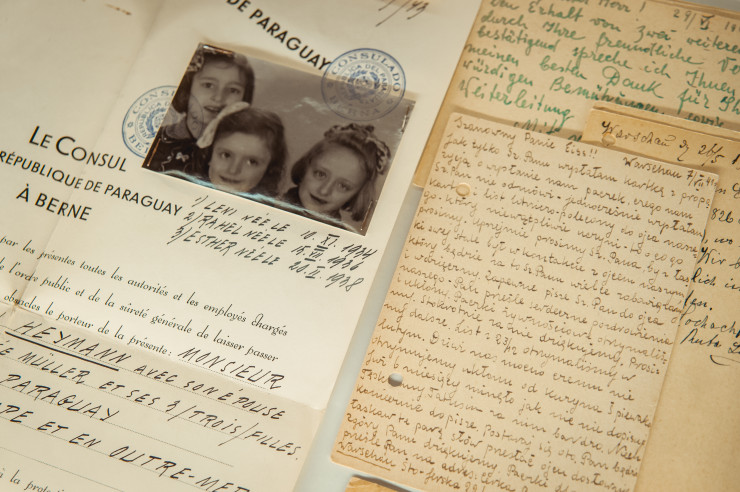
During the Second World War, the group illegally issued Latin American (mainly Paraguayan) passports. The operation was initially intended for Jews in the ghettos of occupied Poland, but over time the passports were sent to other countries such as the Netherlands. Issuing these passports to Jews greatly increased their chances of survival — the documents meant their bearers might be sent for internment instead of extermination. It is estimated that the group issued passports for up to 10,000 people.
fot. public domain
See also
- Tassybaj Abdikarimow

awarded
Tassybaj Abdikarimow
(1938–2020)The Jabłoński family were in an difficult situation — terrible sanitary conditions, shortage of food, and hard labor in the sun caused a very high mortality rate among he inhabitants. During this difficult time, help came from a 16-year-old Kazakh.
- Anatolij Giergiel (1904—1981)

awarded
Anatolij Giergiel (1904—1981)
In the summer of 1943 in Volhynia, having learned about a planned attack by Ukrainian nationalists on Poles, Anatolyi Giergiel warned his friend.
- Zinaida Giergiel z d. Radczuk (1912—1989)

awarded
Zinaida Giergiel z d. Radczuk (1912—1989)
Zinaida Giergiel suspected that after being chased out of their homes and suffering from hunger, the Poles would attempt to return to their farms. She was able to warn polish family that a unit of the OUN/UPA was waiting for them in the house.
